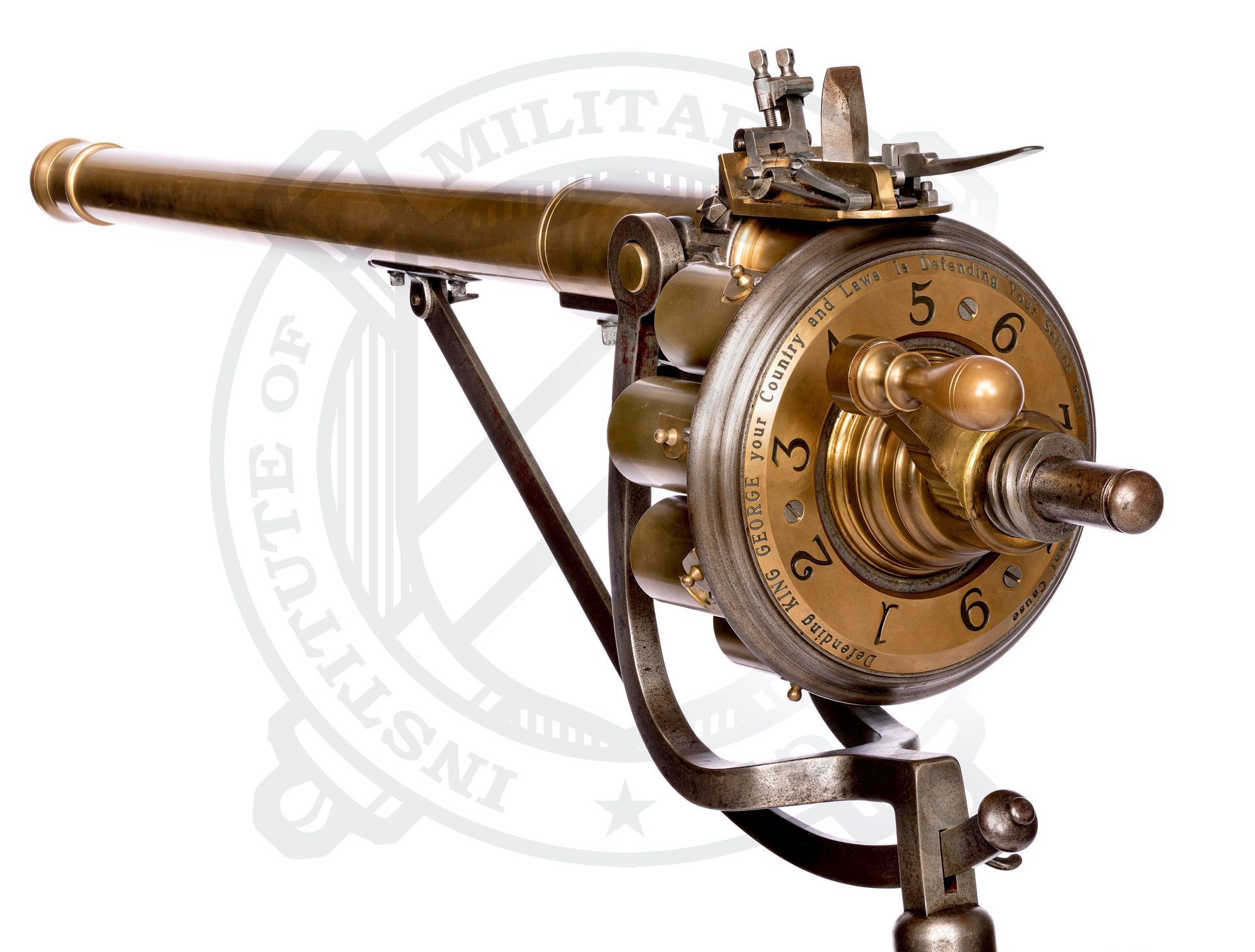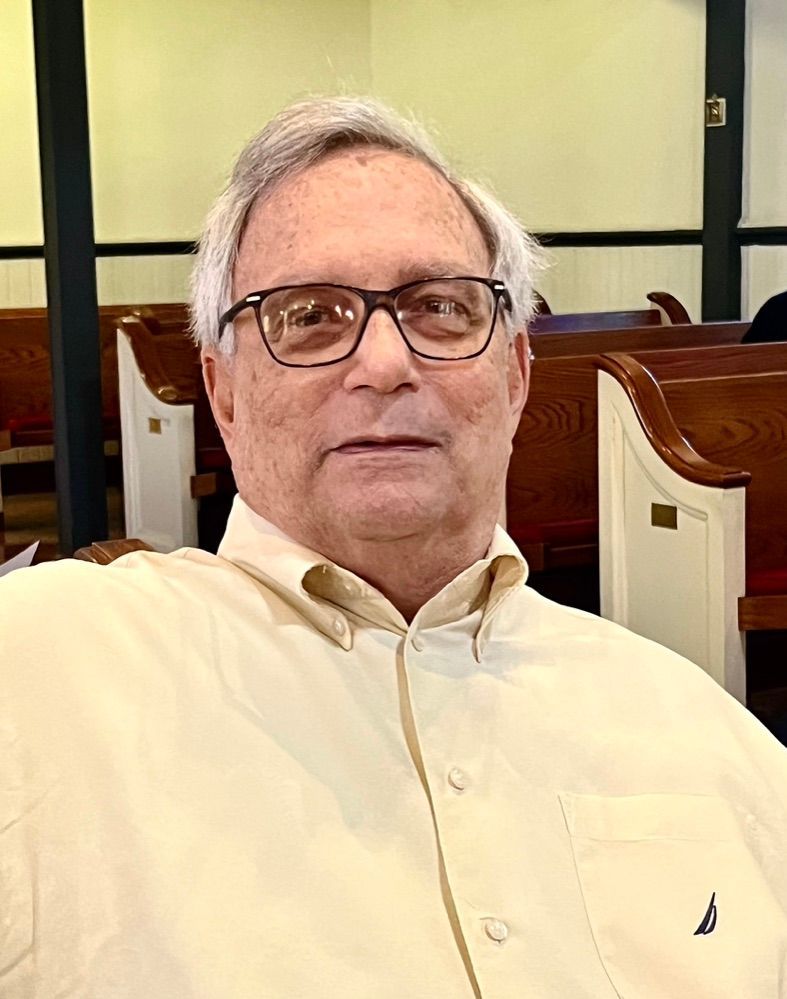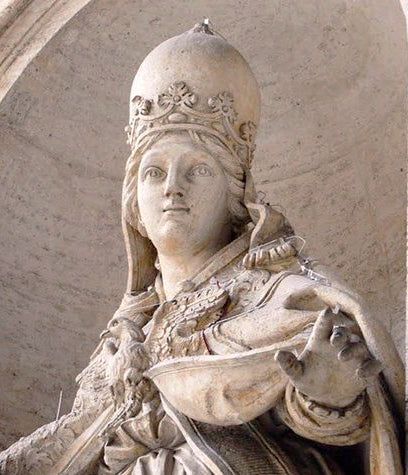Puckle's Amazing Machine Gun

PUCKLE'S AMAZING MACHINE GUN
By John Santosuosso
"You shall have no other gods before me."
Exodus 20:3
"Nor will you ever worship what I worship. You have your way, and I have my way."
Quran, suruh 109:5-6
"Which of these three, do you think, was a neighbor to the man who fell into the hands of robbers.? He said, The one who showed him mercy. Jesus said to him, Go and do likewise."
Luke 10:36-37
Parable of the Good Samaritan
"He's got you and me brother in His hands,
He's got you and me sister in His hands,
He's got the whole world in His hands."
Afro-American Spiritual
While doing some research on antique firearms for the National Park Service, I had run across rumors of this strange device. Still, I had doubts that it had ever actually existed, or if it did, one could still find it now. However, one day while we were walking through the halls of the Tower of London, to my total surprise, there it was, a perfect specimen of Puckle's Machine Gun!
Some further research managed to turn up additional information about this strange weapon we had encountered in London's Tower. While not a true machine gun in the modern sense of the term, it did have a revolving barrel and was the first firearm to be advertised as this type of gun. Even stranger was the fact that in 1718 the British Patent Office had actually issued inventor James Puckle a patent for it.
What made the weapon unique was that it had interchangeable barrels. One shot a typical round type of ammunition. Puckle had deemed that suitable and sufficient for killing your enemies who did at least practice the Christian faith. The other barrel fired a square projectile intended for Turks and other Muslims. Puckle's theory was this would cause more painful wounds and also make the infidels "see the benefits of Western Civilization." Puckle and the Patent Office seemed to have missed something about the essence of Christianity.
If you read either the Old (Hebrew Scriptures) or New Testament you can find plenty of examples of where Judaism and Christianity were at odds with other religions and eventually with each other and even themselves. Roman Catholics could not study at Oxford and Cambridge until 1871. However, fortunately there are other examples of where Christians and Jews were able to practice toleration and even respect for those of other faiths. In the parable of the Good Samaritan Jesus tells the story of two travelers, one a Jew, the other a Samaritan. While there was much similarity in their religious practices , the two groups loathed each other. None the less, it is the Samaritan who rescues the Jewish traveler and takes care of him while two Jews simply walked on by. Note at the end the story there are still one Jew and one Samaritan. Caring for the injured man is what matters, not his beliefs. (Luke 10:25-37).
The Hebrews, especially in their earlier years, undoubtedly knew people of other faiths. It is interesting that the First Commandment declares, "You shall have no other gods before me." (Exodus 20:3) The Commandment does not say there are no other gods. What it does say is the Hebrews are not to worship these deities. What it also does not say is you are to kill those that do. It is probably not until the time of II Isaiah that the Hebrews were monotheistic in the modern sense of the word.
We do not need to agree on everything. Episcopal priest and highly acclaimed author Barbara Brown Taylor relates a discussion she had with an Orthodox rabbi. He pointed out to her that total unity for the Jew would mean the obliteration of the Jewish people. We need not give up evangelism either. As Christians, we should always have open arms for those who wish to join us on our faith journey. But in today's world, which is so badly divided, it is time to lay down our machine guns and walk with our brothers and sisters in peace and harmony lest we destroy this "our island home," a home we must share with everybody.
A significant element in the Torah, and even in Mideastern culture today, is the concept of hospitality. Remembering their time in exile in Egypt, the Hebrews believed there was a divine commandment to take care of the stranger in their midst, no matter who he or she may be. (Deut. 24:19-22. Heb. 13:2). One of our Christian hymns proclaims, "This is my Father's world." All of it belongs to God. We are asked to respect and care for all of it and all who dwell in it.







